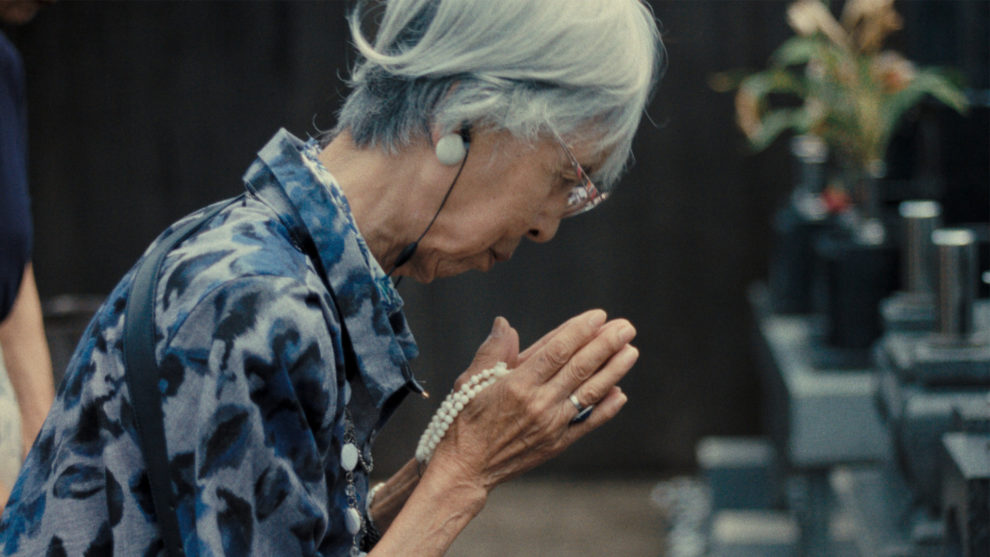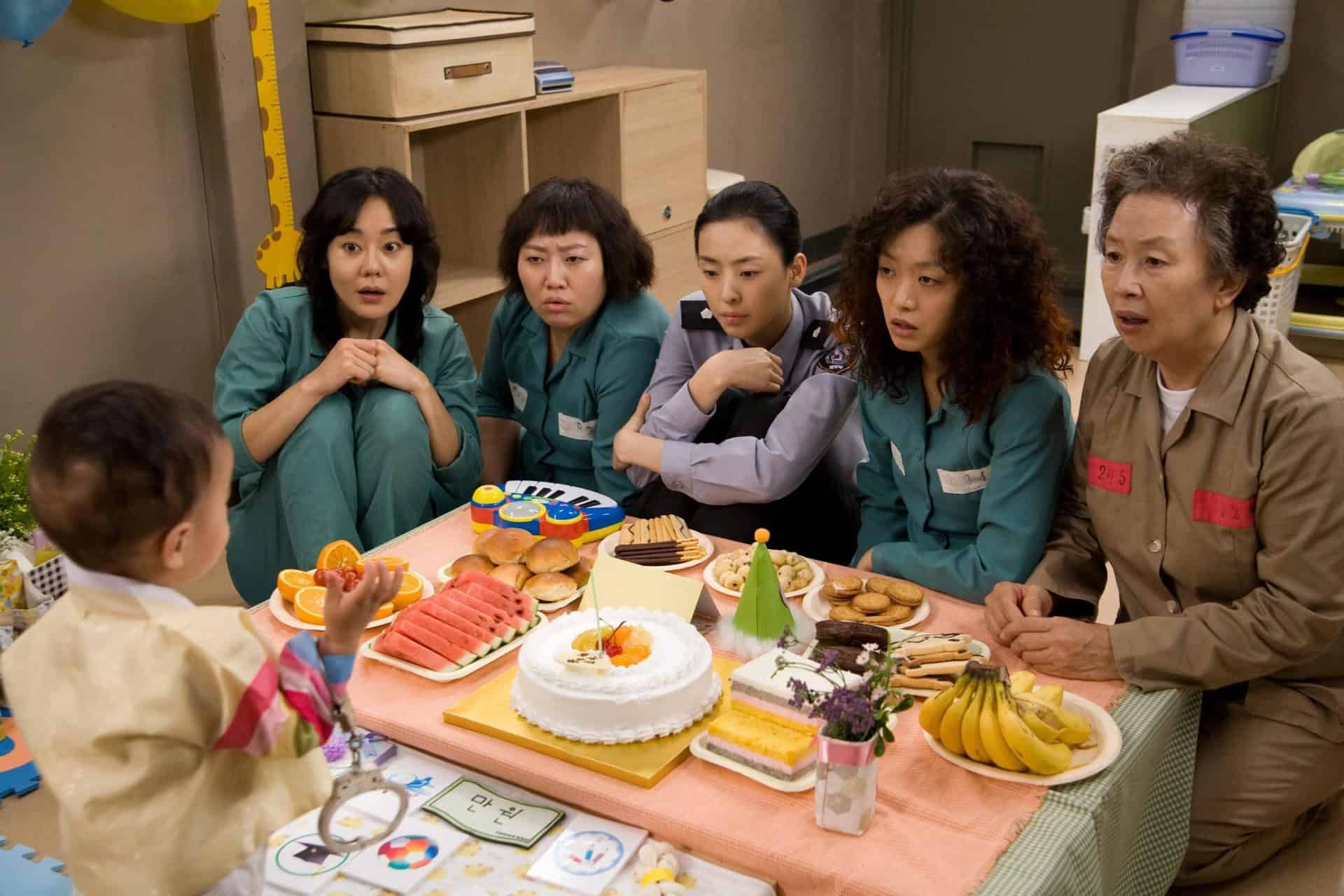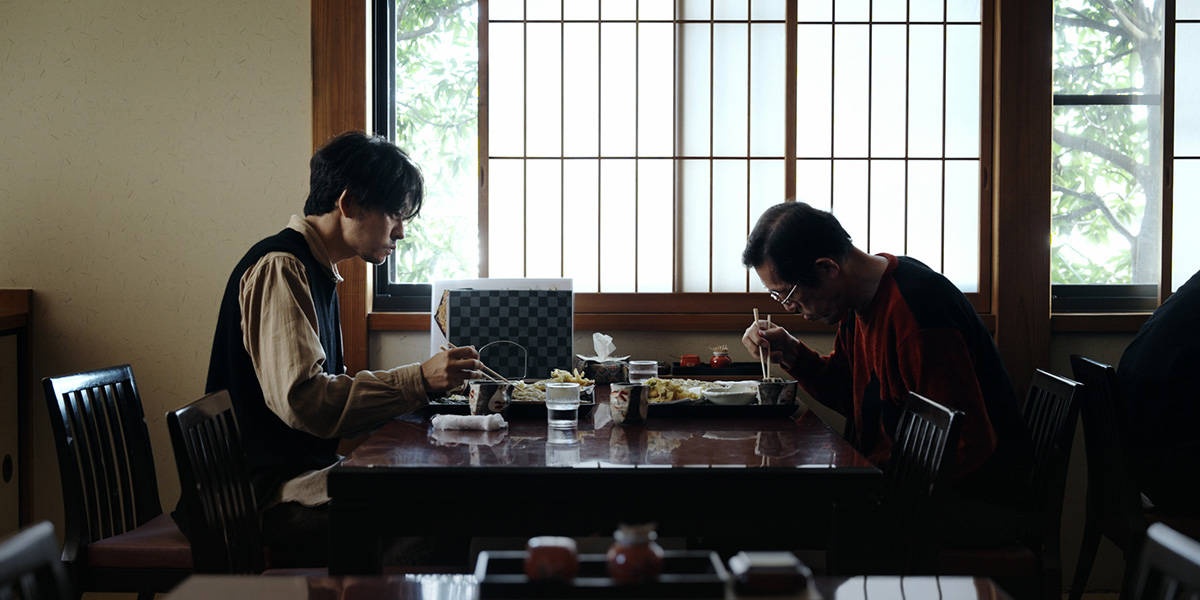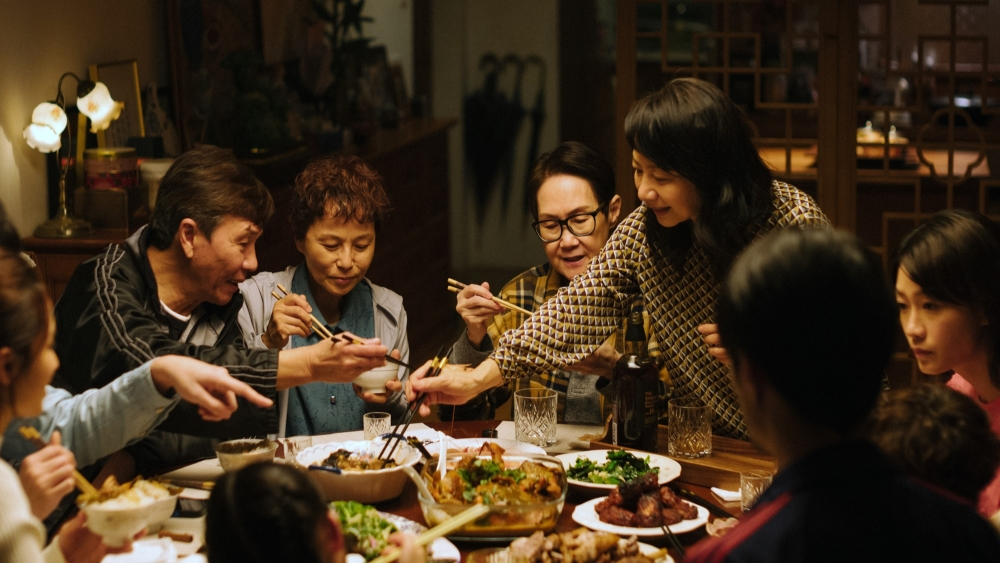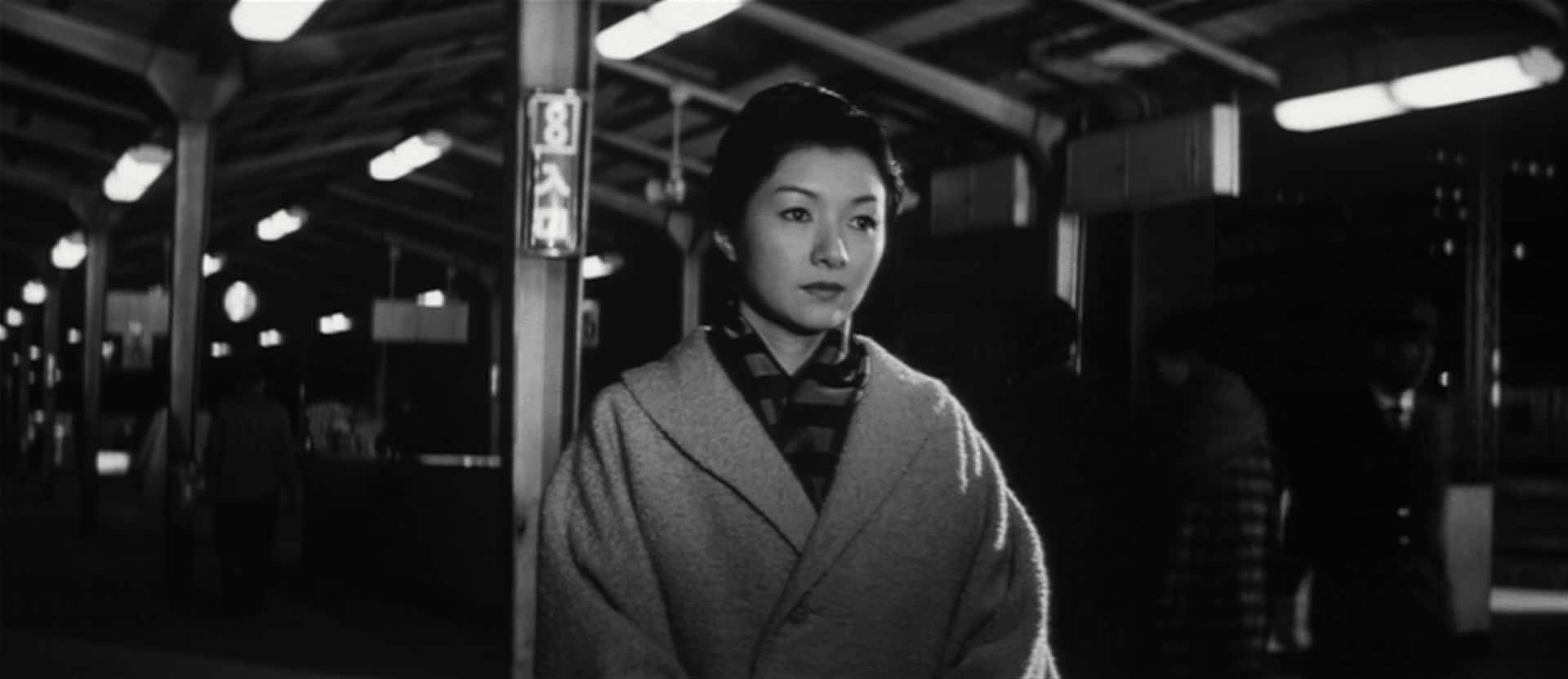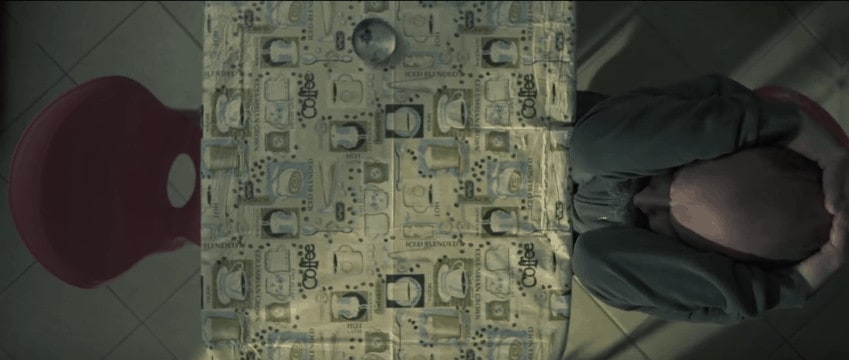For many cultures, the reworking and the close study of a nation's history is not just a mere duty, but it is essential when it comes to understanding certain connections, and eventually (or hopefully) learning from them. For example, the remaining survivors of the Holocaust often visit student groups on a field trip or participate in the making of documentaries, as many of them regard it as their duty to share their experiences with others and to pass their history on to the next generation, so that they might process it and also tell it to their children at one point. However, these personal accounts also recreate a narrative which at times differs or even contradicts more popular ones, which will likely keep those voices at bay and exercise control over them. In that context, Japan is certainly no exception with the country and its political leaders, along with its society, creating various means of silencing those narratives they do not want to hear, or simply taking no steps to preserve historical accounts for the next generation. Inspired by a viewing of Errol Morris' documentary “The Fog of War”, which contains a brief insight into the Tokyo firebombing of 1945, Australian-born filmmaker Adrian Francis decided to follow the story in more detail, thus setting the foundation for his own feature “Paper City”.
Paper City is screening at Nippon Connection

At the center of the documentary, we find the stories of three survivors of the firebombing, who were all in their teens or twenties when they witnessed the event and the consequences. Combined with archival footage, Francis and his team follow Minoru Tsukiyama, Hiyoshi Hoshino and Michiko Kiyooka through the streets of Tokyo, into their homes and their workplaces. Over the course of 80 minutes, all three of them tell their individual stories, of survival and about witnessing sheer inconceivable happenings such as streets and squares completely destroyed or even filled with bodies. Even though the emotional level of their accounts is visible in their faces and will certainly leave an impression on the viewer, there is also an undeniable sense of urgency in their words, gestures and facial expression, as they feel it is their obligation to put those things, as difficult as they may be, into words and thus record them for the next generation.

However, theirs is not the only story “Paper City” tells its audience. The combination of historical footage and the accounts of the three protagonists defines a stark contrast to the kind of normality we see, as Tsukiyama opens his shop or Hoshina observes a group of children playing games just a few meters across of him, while he explains how the whole street was covered with bodies and the smell of burned skin. As difficult as it may be to tell these stories, there seems to be no place for them or memory of them in the present, which Francis' protagonist all confirm in one way or another during their conversations with the director. Given their age, it is more than shocking how their stories are not preserved, how they are basically ignored or even labeled as liars because of what they have to say. The quiet, understated visual approach of “Paper City” underlines the sensitive nature of their accounts, but also serves as a kind of memorial or record for their words as just as important in telling the story of Japan as many others.
In conclusion, “Paper City” is a quiet and thought-provoking documentary of three survivors of the 1945 firebombing of Tokyo, and how their stories seemingly have no relevance for the present generation. Adrian Francis follows his three protagonists, lets their accounts speak for themselves, but also indirectly asks why their voices are so often unheard in today's Japan.


